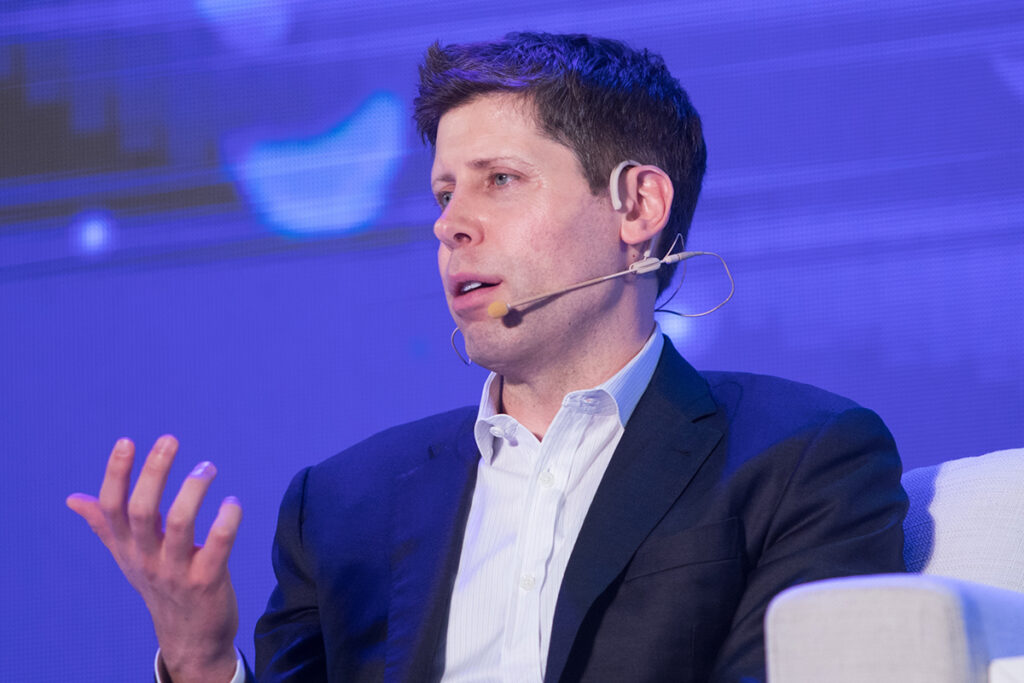Sam Altman, the CEO of OpenAI, has delivered a vital message cautioning against the unquestioning reliance on artificial intelligence (AI) for making “life-or-death” decisions. During his address at the World Economic Forum, Altman underscored that, despite the rapid advancement of AI, humans must retain a central role in determining critical outcomes in our world.
Altman, whose company is renowned for creating ChatGPT, an innovative generative AI system, acknowledged the impressive capabilities of AI but emphasized its unsuitability for situations involving human lives. He characterized AI as a system that occasionally gets it right, sometimes showcases creativity, but often falters, making it an unsuitable candidate for tasks like autonomous driving.
Nevertheless, Altman highlighted that AI can be a valuable tool in a range of creative endeavors, including brainstorming ideas and assisting with coding. Distinguishing between AI’s strengths and limitations is essential for harnessing its potential effectively.
This year’s discussions at the World Economic Forum have prominently featured AI’s profound impact on society, employment, and the global economy. The International Monetary Fund (IMF) recently projected that AI will influence nearly 40% of jobs worldwide, ushering in a transformation that will both replace and complement existing roles. However, there is growing concern that this shift could exacerbate income inequality on a global scale.
During the same panel discussion at Davos, Marc Benioff, CEO of Salesforce, lent his support to Altman’s perspective. Benioff argued that AI should not be a substitute for humans but rather an augmentation of their capabilities. He cited the example of a Gucci call center in Milan, where the introduction of Salesforce’s AI software led to increased revenue and productivity as employees seamlessly incorporated AI into their customer interactions.
Both Altman and Benioff emphasized the critical importance of regulating AI systems to mitigate potential existential threats stemming from the technology’s rapid advancement. Altman commended the awareness of AI’s limitations and the ongoing discussions about its responsible use, emphasizing the need for AI developers and organizations to uphold high ethical standards.
In addition to his insights on AI, Altman briefly mentioned a New York Times copyright lawsuit against OpenAI and his unusual experience of being temporarily relieved of his duties and then swiftly reinstated by the OpenAI board in November, which he humorously described as “so ludicrous.”
As AI continues to reshape diverse aspects of society, leaders and experts are increasingly mindful of the ethical, social, and economic ramifications of this transformative technology. While AI offers tremendous potential, discussions like those at the World Economic Forum highlight the urgent need for responsible development, deployment, and regulation to ensure that AI serves humanity’s best interests.


